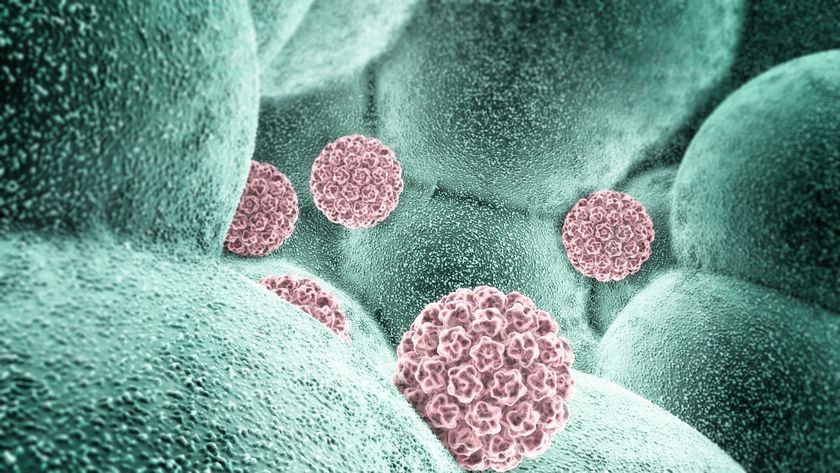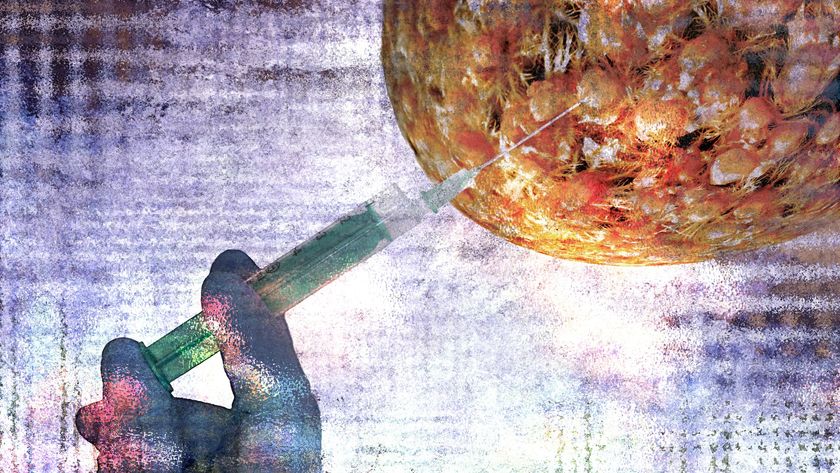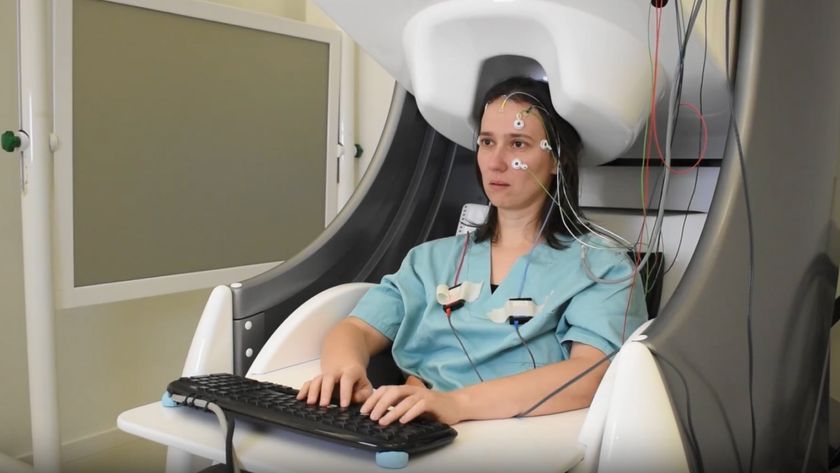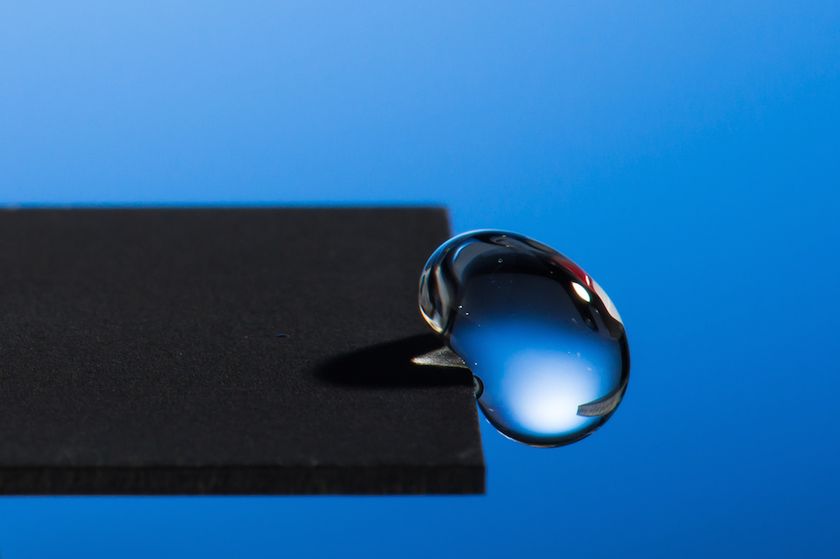Cancer Patients Asking for Tests Are Often Right, Study Suggests
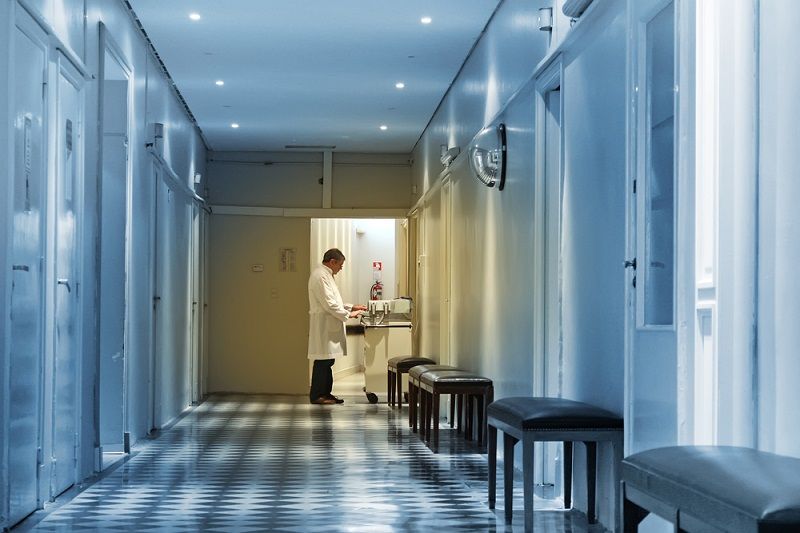
Unnecessary tests and inappropriate treatments are problems in medicine, and may add to health care costs. But contrary to what some research has found, most of the tests and treatments that cancer patients request are actually appropriate, a new study suggests.
Researchers surveyed 26 oncologists and nurses after 2,050 patient visits. In 177 of the visits, the patients had asked for a test or treatment. The researchers further reviewed these cases to see how often cancer patients asked for tests or treatments that were not appropriate for patients with their diagnosis. These requests included blood tests or scans, experimental drugs or clinical trials.
The results showed that about 80 percent of the time, the requests from patients were deemed appropriate by the clinician. About 18 percent of the time (in 32 of 177 visits), the physicians declined a patient's request; in 84 percent (27 of 32 cases) of these cases, this was because the test or treatment deemed inappropriate or wasn't beneficial, according to the study, which will be presented at the annual meeting of the American Society of Clinical Oncology (ASCO) in Chicago in early June.
"The results from this new study help debunk many of the misconceptions people have about patient demands leading to unnecessary tests and treatments as a major source of higher health care costs in the U.S.," said study researcher Dr. Keerthi Gogineni, an oncologist at the Abramson Cancer Center in Philadelphia.
Physicians are often asked to curb unnecessary health care costs and avoid using expensive services that provide little benefit. A survey last year found that more than 80 percent of the general public, 69 percent of patients and 70 percent of doctors believed hospitals and doctors allowed unnecessary tests and treatments. More than 50 percent believed patients requested unnecessary tests or treatments.
"Rightfully, there is a big push towards more cost-effective care," said Gogineni. "Oncology, in particular, has been under the lens because of expensive tests and treatments that sometimes have marginal positive effects."
Contrary to the results of the previous survey, in the new study, the clinicians felt that the majority of patients' requests were appropriate, Gogineni said. "The data suggests that rather than being driven by patients to employ low-value, high-cost care, most of the time, oncologists and nurse practitioners incorporated patients' requests into a suitable plan of action."
Sign up for the Live Science daily newsletter now
Get the world’s most fascinating discoveries delivered straight to your inbox.
The researchers found that providers ordered the inappropriate treatment or test that was requested by patients in less than 1 percent of all visits (four of 2,050).
The average age of the patients in the study was 60. About 42 percent of patients had late-stage cancer that had spread to other organs or didn't respond to available treatments. About 66 percent of patients were undergoing treatment.
Email Bahar Gholipour. Follow us @LiveScience, Facebook & Google+. Original article on Live Science.

